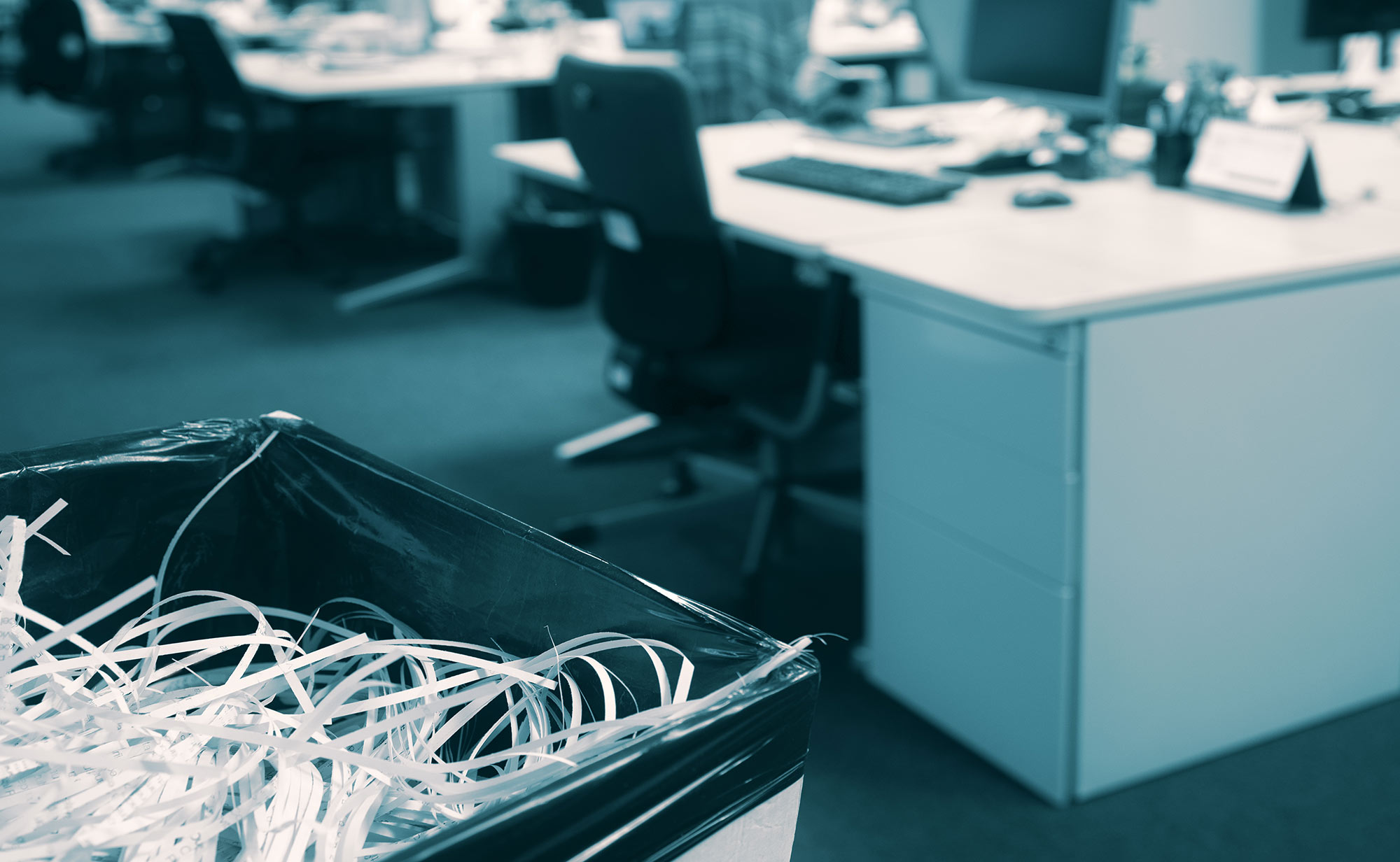By: Scotty Edward Chabert Jr.
Spoliation of evidence is a serious issue that can have a major impact on the outcome of litigation. As such, it’s something that all parties need to take seriously and address from the outset of litigation.
To help ensure you comply with all applicable laws and that your rights are protected, here is an overview of what the spoliation of evidence is and best practices for ensuring all evidence is protected.
What is Spoliation of Evidence?
In simple terms, spoliation of evidence is when someone destroys, changes, or hides evidence that is important for a legal case, without a reasonable explanation. If someone does this, they might get in trouble with the court, and the judge could punish them in different ways, like assuming that they did something wrong or throwing out evidence they wanted to use in court.
The basic principle is that a party is required to preserve evidence when they know or should know that the evidence is relevant to a pending or future litigation.
The failure to do so becomes an issue if, during the course of litigation, one party discovers or suspects that another party has deliberately or negligently destroyed evidence relevant to the case.
This can include destroying or altering photographs, documents, videos, electronically stored information, and physical objects.
Spoliation of Evidence in Louisiana
The Louisiana Code of Civil Procedure gives trial courts broad authority to impose sanctions on a party for spoliation of evidence. Article 1471 provides that when a party refuses or is unable to comply with a discovery order, the court “may make such orders in regard to the failure as are just.”
These sanctions can include an adverse presumption against the party that failed to produce evidence, striking evidence or testimony, and even holding a party in contempt of court.
Beyond this discovery rule, Article 191 of the Louisiana Code of Civil Procedure authorizes courts to impose sanctions for the spoliation of evidence. Article 191 states that a trial court “possesses inherently all of the power necessary for the exercise of its jurisdiction even though not granted expressly by law.” Because the spoliation of evidence interferes with the court’s ability to exercise its jurisdiction, this rule further expands the court’s power to sanction litigants for the destruction or alteration of evidence.
The Importance of Preserving Evidence
The spoliation of evidence can result in adverse presumptions, the exclusion of evidence, and even the dismissal of claims. Given the importance of protecting evidence, it’s important for both parties to be aware of applicable laws and diligent about preserving evidence for any pending or anticipated litigation.
In civil litigation, the issue of spoliation of evidence generally pertains to defendants. The plaintiff often does not have control of evidence, access to evidence, or the ability to examine key documents prior to or in the early stages of litigation.
That said, plaintiffs also need to be aware of their duty to preserve evidence in order to avoid adverse presumptions or sanctions under the Louisiana Rules.
The duty to preserve evidence means that anyone who is involved in a legal case has to make sure that any evidence that could be relevant to the case is kept safe and not destroyed or altered. This duty begins as soon as someone knows that a legal case might happen, and it continues until the case is over.
To properly preserve evidence, it’s best to keep it in a secure location where it can’t be damaged or tampered with. If the evidence is electronic, it’s a good idea to make backups in case the original files get lost or corrupted. It’s also important to document any changes or alterations made to the evidence, as well as who made them and when they were made. This can help prevent accusations of tampering with evidence and ensure that the evidence is admissible in court.
Make Sure You’re Protected
The absolute best way to ensure that you properly protect evidence and that adverse parties do the same is to contact an attorney as soon as possible when you believe litigation will be necessary. Saunders & Chabert’s team of experienced litigators will protect your rights to evidence such as videos, photographs, electronically stored information, documents, writings, witness testimony, and objects.
In addition, don’t be afraid to ask companies, corporations, or even insurance companies for this evidence at the time of an accident or incident.
Contact us today at (888) 815-1974 with any questions you have or to get our team on your side. You can also contact us by setting up a free consultation online. Be proactive about protecting your rights to ensure that all key evidence is available and presented prior to your day in court.


